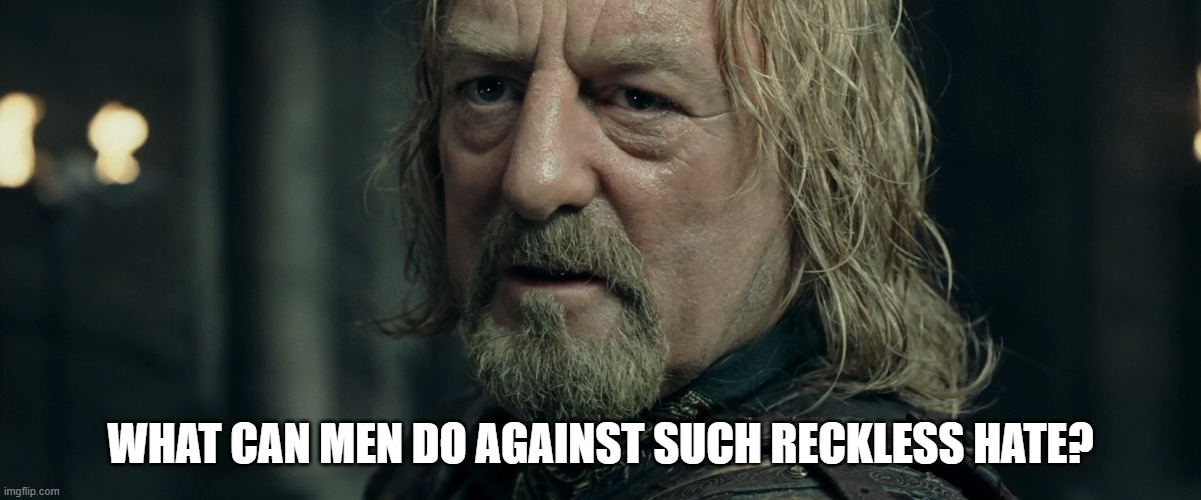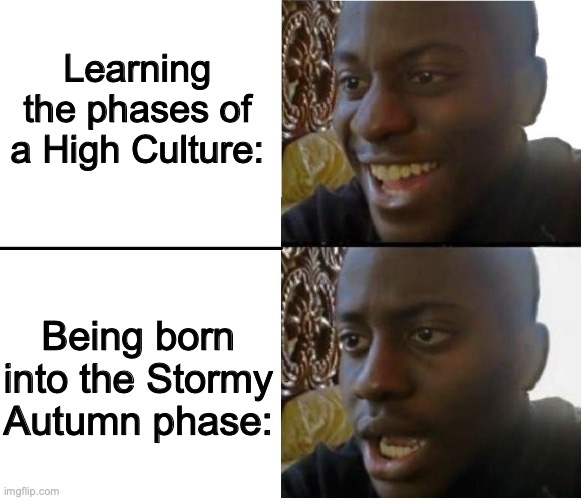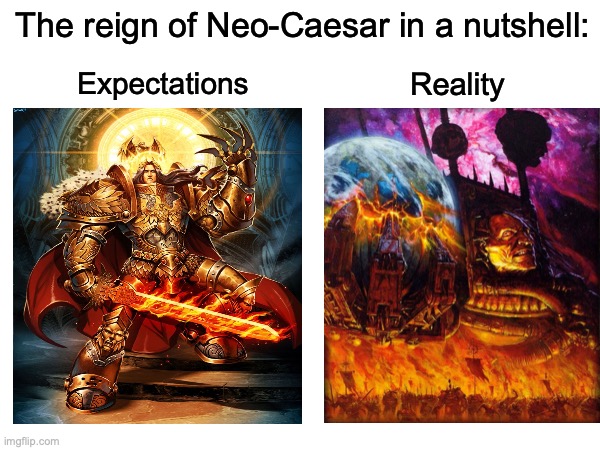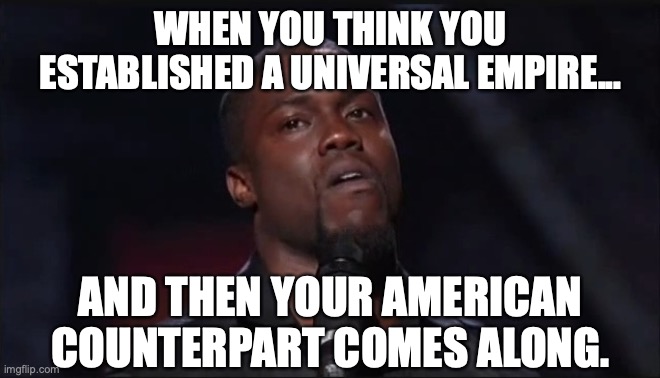Skallagrim
Well-known member
you have no answer to what I say other than unreasoned ranting and moronic insults.
In that very same sentence, where you accuse me of "insulting you" and not having answers, you call me:
moronic
A few seconds before that:
Very funny Mr Pot.
Gee, I wonder who's being childish and throwing insults without arguments here?
A post before that one:
your idiotic rants and delusions
openly idiotic assertions and false statements
Your so stuck in your own ego
Stop acting like a 4 year old having a temper tantum
try actually thinking about what you say.
It seems to be you who can't use arguments and can only throw around childish insults.
As for:
you have no answer to what I say
What you said was, in fact:
there's quote a wadge of a post there
not going to wad through it all.
Meaning, you're the one who can't even be bothered to read what others say, even when they respond to your own quite opinionated posts, and in significant detail. And in the cherry-picked bits you do respond to, you structurally mis-represent what others say, even after they've taken the trouble of patiently explaining their actual views. (But you didn't read, so you keep repeating your own assumptions.)
You've derailed this thread repeatedly. Nobody is "censoring" you; you're being asked to actually participate in the discussion as an adult. If you can't or won't do that, then it's best to go elsewhere, because at that point (this point), you're deliberately derailing and trolling.
Last edited:






